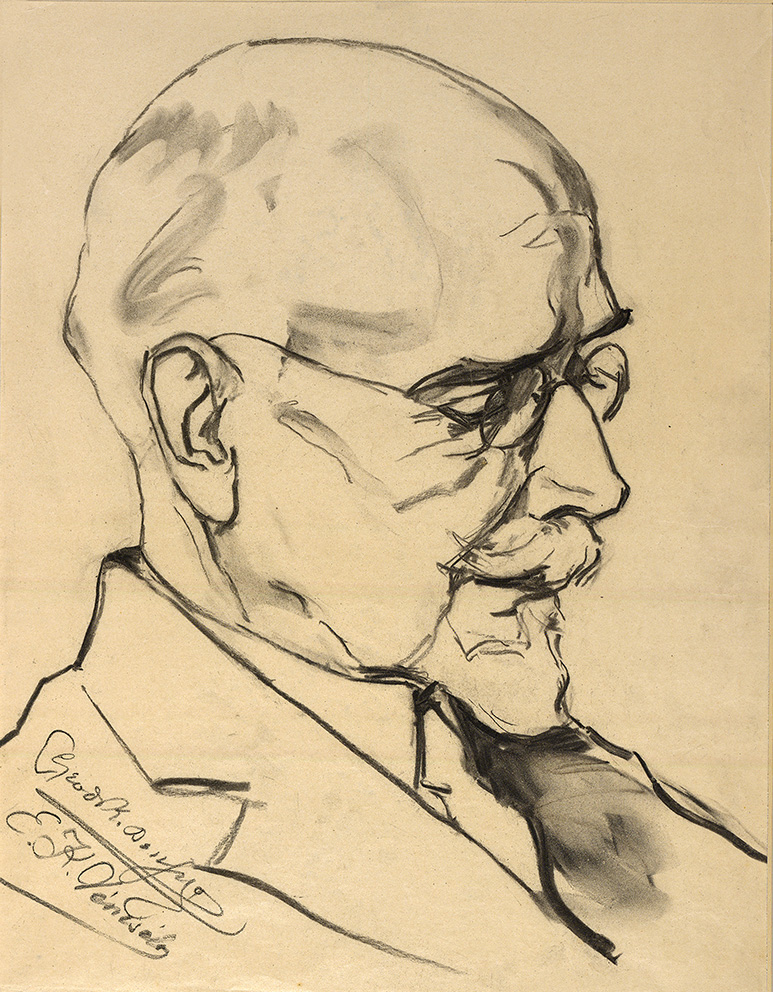 Eleftherios Venizelos distinguished himself as a politician during the 1897 Revolution. During that period, he contributed with unwavering zeal as Chancellor of Justice, as a revolutionary and a political leader and as the most reliable negotiator with the Consuls of the Protecting Powers. His disagreement with Prince George, High Commissioner of Crete, ended after the Revolution of Therisso (1905), the replacement of the totalitarian Prince by the moderate Greek politician Alexander Zàïmis and the establishment of a new, more liberal constitution for Crete.
Eleftherios Venizelos distinguished himself as a politician during the 1897 Revolution. During that period, he contributed with unwavering zeal as Chancellor of Justice, as a revolutionary and a political leader and as the most reliable negotiator with the Consuls of the Protecting Powers. His disagreement with Prince George, High Commissioner of Crete, ended after the Revolution of Therisso (1905), the replacement of the totalitarian Prince by the moderate Greek politician Alexander Zàïmis and the establishment of a new, more liberal constitution for Crete.
- Reproduction and republication of the material is not allowed.